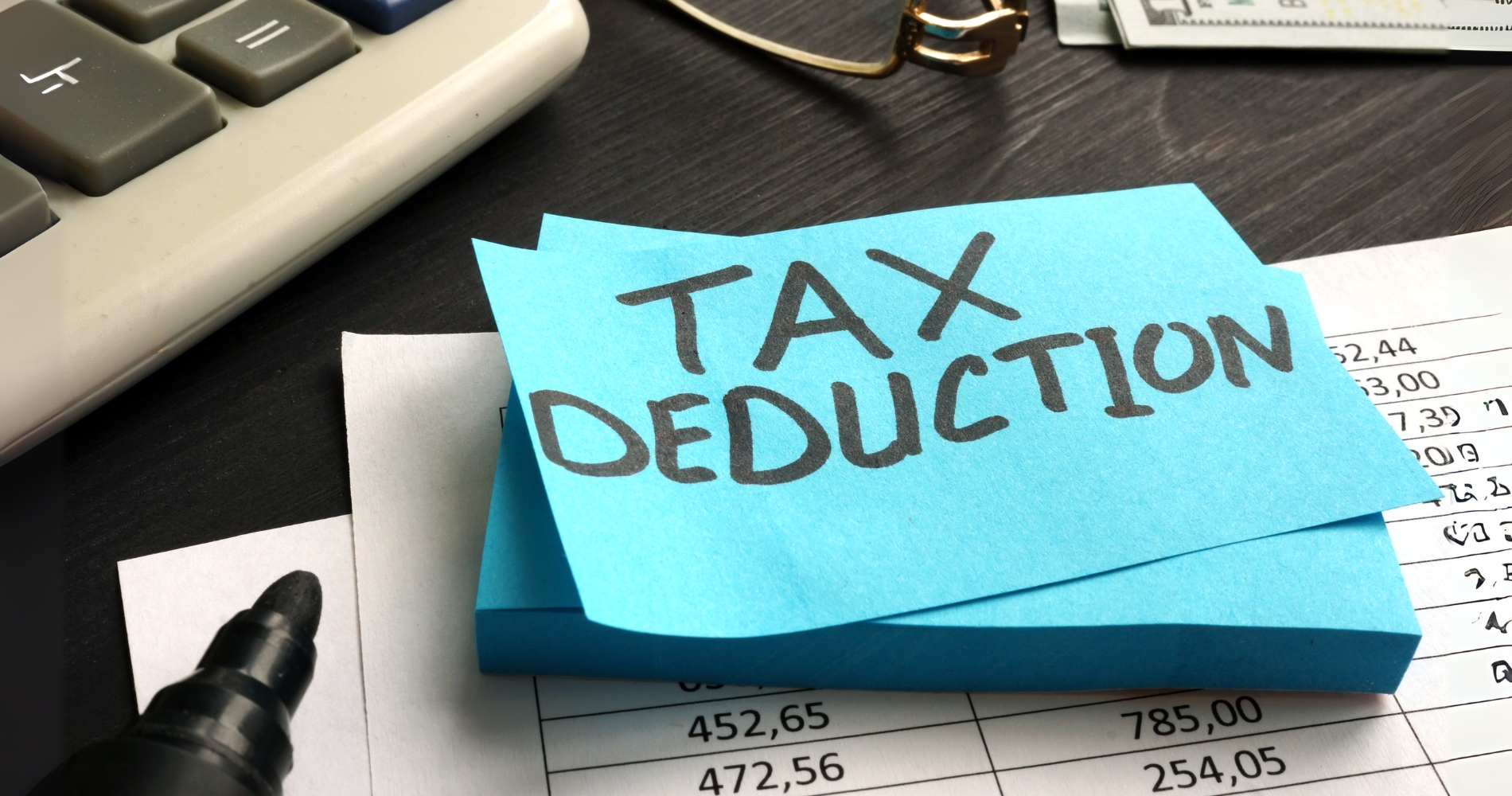FNMA Rental Income
As a landlord or prospective property investor, you may be able to use rental income to apply for a mortgage. Whether they do so depends largely on the ability to provide financial support or solid evidence of the property’s earning potential in the case of a new rental.
Lenders must follow specific instructions when voicing their opinion. Regardless if you only have a single commercial property owned or have a four-unit principal residence rental property, you need to know more about these requirements, so keep reading.
Is net rental income taken into account when getting a mortgage?
Net rental income can generally be counted when applying for a home loan or remortgaging an investment property. Factors can include your personal debt to income ratio and other current qualifying rental income property.
However, it must be documented properly and must meet specific qualifying guidelines, just like any other source of income from a rental property.
According to the rental income guidelines of Fannie Mae (Federal National Mortgage Association), the mentioned criteria must be met:
-
-
- You must demonstrate that now the rental income will continue.
- The property must be either a one- to four-unit investment opportunity or a two to four-unit primary residence property wherein the lender must reside in one of the units.
-
Rental income from the borrower’s rental property, for instance, is acceptable if it is not from the property getting funded:
-
-
- Qualifying income coming from vacation homes
- Receiving rental income from the borrower’s principal residence, whether a standalone property or even a four-unit principal residence
-
How rental income is determined for mortgage purposes.
Complying with these requirements is primarily a matter of completing the appropriate paperwork and asking for documentation owned by the borrower. You can even include personal financial notes such as past debt to income ratio and data from previous principal residence property.
The additional documentation used to justify your rental income would then determine how it is calculated when people try to apply for a mortgage.
What effect does rental income have on your net cash flow?
In the case of rental homes, the lending institution will also consider its user’s net cash flow. In most financial circumstances, net cash flow is calculated by deducting expenses from income. However, in rental situations, things become a little more complicated.
Also, lenders will take 75 percent of your overall rental income as their starting point before subtracting costs. You’re in luck if the final value is positive. This figure is then added to your earnings. If not, it will be considered a loss, and you will have to make up the difference.
Using rental income to qualify for mortgages
This same method of getting a mortgage with real estate investment properties will be largely just like it used to be otherwise. It’d help if you were prepared to provide extra documents to support your actual or projected income — and you may be subjected to additional vetting.
The standards and financing requirements for Fannie Mae’s rental income will be covered and discussed below as well as the most recent revisions to Fannie Mae Rental Income Guidelines will be addressed.
Updated Federal Requirements for Rental Income
The Federal National Mortgage Association (more generally dubbed Fannie Mae) and Federal Home Loan Mortgage Corporation (Freddie Mac) have revised their rental income requirements for all customary investment property, and multi-family main mortgage products were announced on October 2, 2019.
Thousands of hard-working Americans will be impacted by this guideline modification around the country. Irrespective of having a single rental unit principal residence or collecting multiple business rental income, working with Fannie Mae has become slightly more complicated.
Let’s go into detail about the new standard and what these changes mean to your capacity to obtain a mortgage for rental or using support resources for your property. Lenders with not more than a year’s worth of rental revenue are affected by the mortgage payment adjustments.
The most recent Fannie Mae data on rental income from properties
Fannie Mae recently declared that new guidelines for deciding whether rental income qualifies as income would be put into place.
Sustainable Homeowners
This law likewise applies to single and multi-unit investment properties (can even be two to four-unit property). The new rule was implemented to combat issues like occupancy fraud.
The purpose of these modifications is to encourage borrowers who are buying investment properties but have no prior experience managing rental properties to become sustainable homeowners.
Some of the Latest Fannie Mae Changes to Rental Income
This new rule outlines the maximum amount of eligible rental real estate income that a borrower may use to fund the purchase of a primary house or up to a four-unit business opportunity. Lender must take into account the following:
-
-
- Whether the borrower occupies the principal residence or just simply rents the place.
- The borrower has no less than a one-year history with rental revenue or proven expertise in managing properties.
- No limits on how much renting revenue can be employed if the borrowers have past experience owning and managing rental properties.
-
You can use all of the positive (and current) rental income that is reported on your active financial accounts as long as you have one year of rental income history (lease agreement or tax returns).
How Borrowers Without Landlord Experience Are Affected by Fannie Mae's New Rental Income Policies
When the borrower has a current primary residence or pays rent where they stay and has received less than a year worth of net rental income or documented property management experience.
Principal Home Rental Income Guidelines
The rental income may increase the borrower’s gross income from their primary residence, and it does not exceed the total of the interest, principal, insurance for property, and of course, taxes.
In other words, you can only use the net rental income to compensate the mortgage payment for any debt-to-income calculations. Any surplus revenue from the extra units won’t be classified as a qualifying income from an accessory unit.
Experience with Investing in Property Rental Income
Positive rental revenue can solely be applied to the subject property’s insurance as well as interest taxes. Quite comparable with the preceding rule. In other words, if you want to acquire a property investment and you don’t presently own direct household expenses.
Other things to note with the new guideline
The net rental income coming from the unit property will not be used as a qualification. It is crucial to realize that the latest regulation does not cover HomeReady loans utilizing an income-generating rental supplementary unit.
When Does These Updated Federal Rental Income Policies Take Effect
On December 7th, 2019, this recent rental income criteria take effect. Before this date, all active case files should be delivered. If not, new rules will be in effect. Please refer to the Announcement SEL-2019-08 (from the Fannie Mae Guide) for further details on this update to the guidelines.
The Knock For New Real Estate Investors
These adjustments in guidelines will apply to new, aspiring entrepreneurs who do not own a home at the moment or make rent and are wanting to purchase two- to four-unit principal residences or even just single-unit property.
Without any assistance from upcoming rent payments, you must now meet the requirements for the entire property. In accordance with the previous regulation, you might be using 75% of your rental income as compensation.
Different Alternatives Aside From Fannie Mae
For Old and New Real Estate Investors
-
-
- Just like with any mortgage product, the rules are constantly changing. This option is a significant shift from the usual Fannie Mae monopoly, one that we haven’t seen before. There are many lending packages for you to choose from if buying investment homes is something you’re serious about.
-
There are a couple of possibilities we want to draw your attention to:
-
-
- Loan with the bare minimum documents needed
- Forming an LLC to buy investment rental property
-
Rental income from Fannie Mae against additional mortgage possibilities
There are financial institutions that have always been offering additional mortgage products as well as providing updated mortgage policies. The important thing is that you do some due diligence and research everything about your investment property.
Whether you have a single property or two to four-unit properties, you need to be updated with the latest news concerning your rental properties. In order to be self-sufficient, you have to make an effort to keep informed of any changes affecting conventional, VA, FHA, and USDA mortgages.
Final Thoughts
Because guidelines are constantly changing, please visit our website frequently for the latest announcements. If you ever do not, as of now, have a housing expense, this will alter the process. One that will have an impact on lots of clients who contact us. Fannie Mae made a significant announcement.
For any questions about property investments (from learning how to calculate qualifying rental income to business tax returns), feel free to email us.



